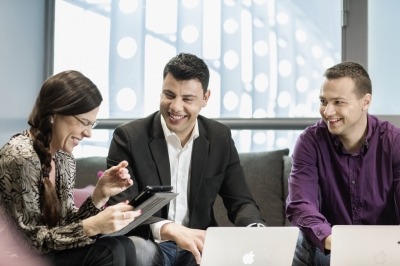The University of Applied Sciences Master’s Degree (YAMK) is a degree program intended for people who typically already have a Bachelor’s degree and are currently practicing their profession, but who wish to deepen their professional skills and competences through further …






